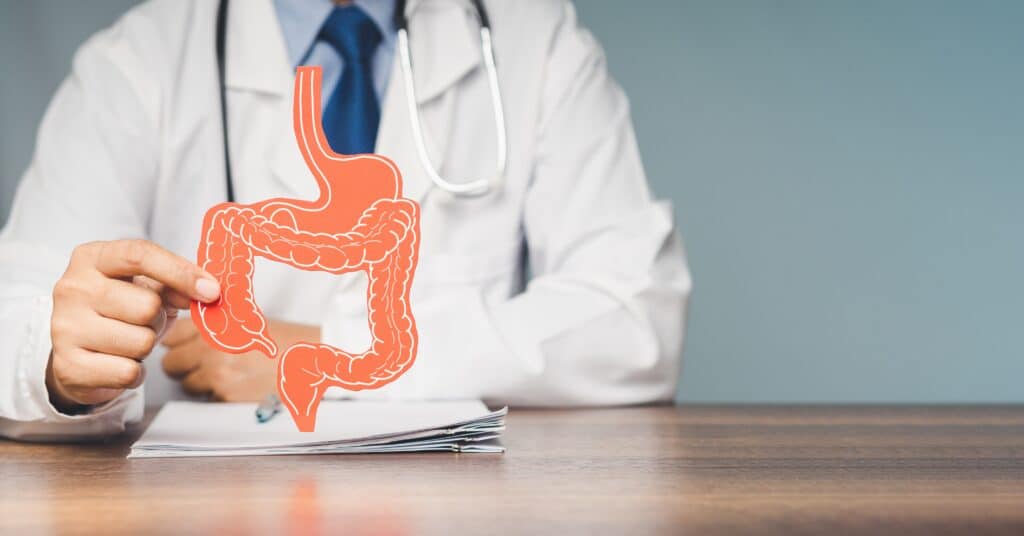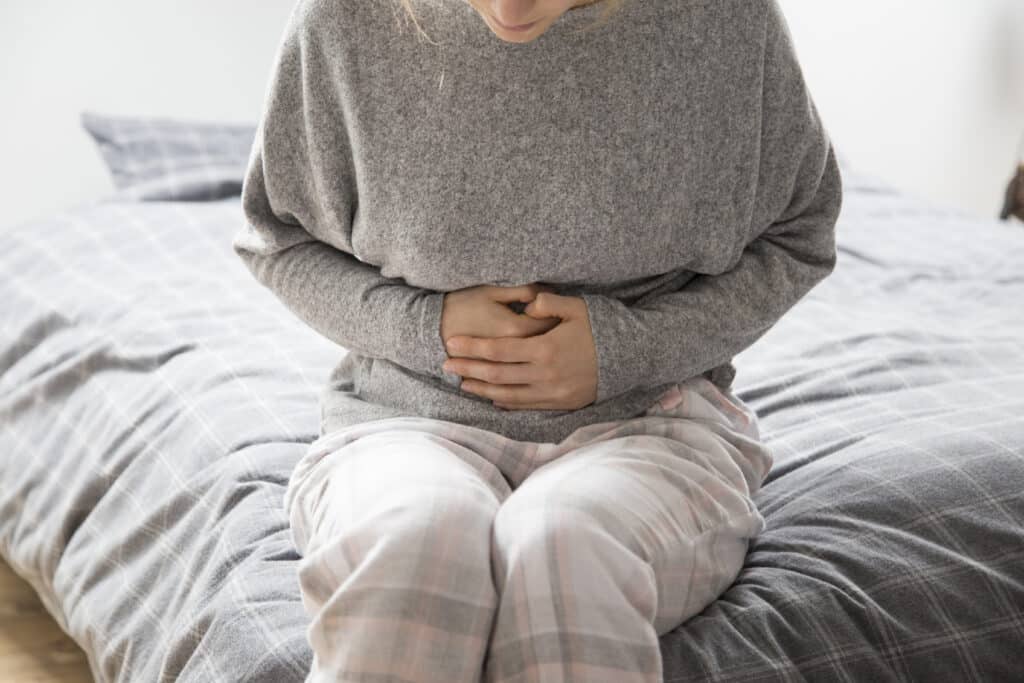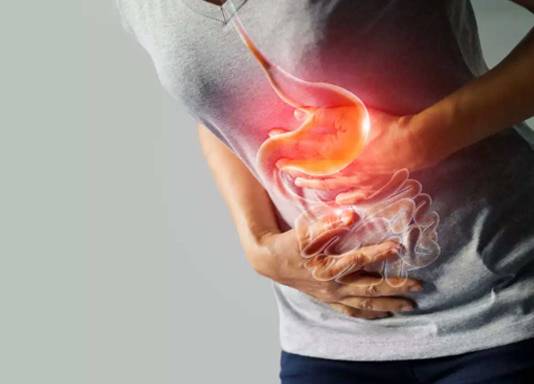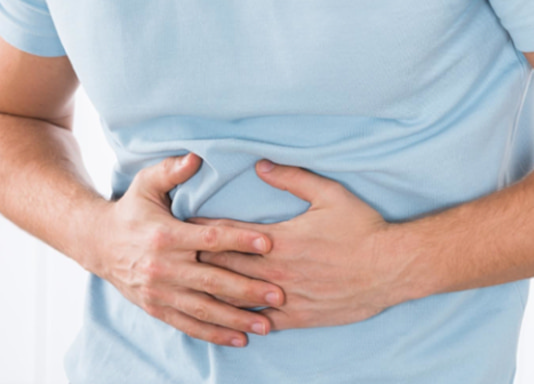
Dr. Sebastian Cuzincu
Gastroenterology and Internal Medicine
The first step in treating diarrhea is to identify the underlying cause

Diarrhea is a common health condition that affects people of all ages. It is characterized by frequent, loose, and watery stools, which can lead to dehydration and electrolyte imbalance if left untreated. If you’re suffering from diarrhea, don’t ignore it as it can cause serious health complications. Instead, seek medical attention and follow the proper treatment plan.
At German Medical Center, we offer comprehensive treatment for diarrhea. Our team of experienced doctors and medical professionals is dedicated to providing the highest level of care to our patients. We understand how uncomfortable and debilitating diarrhea can be, and we work tirelessly to ensure that our patients receive the best possible treatment.
The first step in treating diarrhea is to identify the underlying cause. There are many possible causes of diarrhea, including viral or bacterial infections, food intolerances, and medication side effects. Once the cause has been identified, our doctors will work with you to develop a treatment plan tailored to your specific needs.
At German Medical Center, we take a holistic approach to treating diarrhea. Our goal is not only to relieve your symptoms but also to address the underlying cause of your diarrhea to prevent future episodes. We believe that by providing personalized care and support, we can help our patients get back to their normal lives as quickly as possible.
If you’re experiencing diarrhea, don’t suffer in silence. Contact German Medical Center today to get the best treatment for diarrhea. Schedule an appointment with one of our experienced doctors. We’re here to help you feel better and get back to your daily routine.
Our team of experts are passionate about providing only the best quality care and treatment to their patients.

Gastroenterology and Internal Medicine
A cutting-edge medical technique that plays a crucial role in diagnosing and treating disorders of the bile ducts, pancreas, and gallbladder....
Liver Elastography – an advanced medical imaging technique designed to assess the health of your liver with precision and non-invasiveness....
Abdominal pain can be a symptom of a wide range of medical conditions and can manifest in different ways depending on the...
Colorectal cancer (CRC) is a type of cancer that affects the colon or rectum. It can develop from small growths called polyps in...
Stomach cancer, also known as gastric cancer, can cause a range of symptoms. However, it's important to note that not everyone...
Liver cancer is a serious and potentially life-threatening condition that requires prompt diagnosis and treatment....
Colon polyps are usually detected during a routine colonoscopy. During the procedure, a long, flexible tube with a camera on the...
Pancreatic cancer often does not cause symptoms in its early stages....






Our customers are at the heart of everything we do, and we are committed to providing them with one of the best possible care and service and that's why platforms like UpTopics publish us in top.

Based on 206 Google Reviews

Partner with:
Partner with:


German Medical Center is one of the leading medical institution in Dubai formed by a group of specialists who are passionate about providing the personalized care tailored to the patient's unique needs.
Fill out our easy online form to book an appointment with German Medical Center. Our team of experts is dedicated to providing you with personalized care and guidance every step of the way. Don't wait, take charge of your well-being and schedule your appointment now!